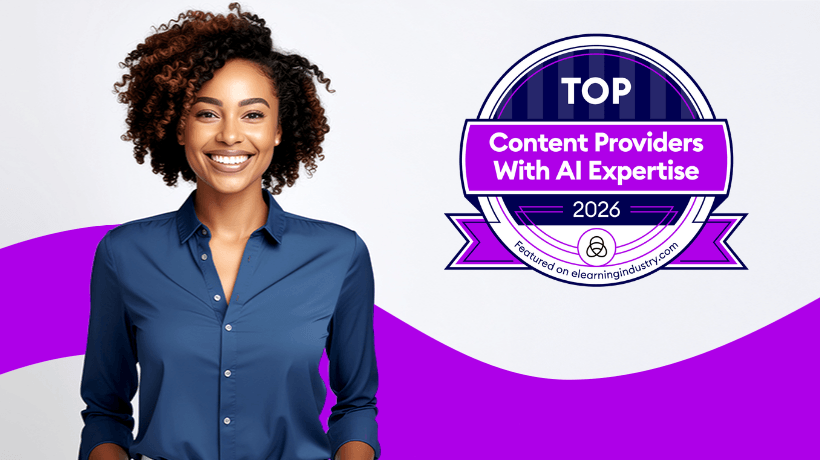What Role Does AI Play?
Artificial Intelligence (AI) plays a (perhaps overlooked) role in our daily lives. For example, my YouTube landing page is chock-full of homogenous content, and I am truly sick and tired of seeing dozens of similar videos that I have watched previously or accidentally clicked on by mistake! We define AI as a set of algorithms that enable a system to learn from prior human experiences and utilize that data to anticipate future interests and decisions. For example, Netflix uses machine learning (a subset of AI) to improve the user experience by providing relevant content recommendations based on browsing and scrolling behaviors. Beyond this, users can also preselect their preferences to personalize their own unique experiences.
Algorithms And Browsing Patterns
Ultimately, these algorithms work relentlessly behind the scenes to push and recommend content that may sound “interesting” to users based upon their browsing patterns. However, some of us out there would rather not be constantly fed this repeated content or only be exposed to what we subscribe to—leading to a long-term phenomenon similar to a silkworm caught in its own cocoon and referred to as “information cocoons.”
Harvard scholar Cass R. Sunstein first coined this term in his 2006 book Infotopia: How Many Minds Produce Knowledge. With the “help” of algorithms, people tend to see only what they want to see while having the ability to easily click a button to hide or “unlike” content they wish to opt out of. For example, your internet newsfeed will only show content the algorithm picks up from your preformed data consumption patterns. All other content—which you either dislike or are simply not privy to—is hidden. This ultimately isolates people in their online experience, keeping them away from a diversity of information while they remain closely connected to a homogenous cohort. Hence, we fix our minds to consistent and expected content.
Undeniably, we live in an era of information cocoons that are filled with an abundance of online content sorted and assigned by AI. For example, ubiquitous “unlike” and “hide” buttons hinder the diversity of content at one’s fingertips, limiting your sources of information and providing the ability to only opt in for specific content and social interactions with like-minded people.
Does It Really Matter?
Yes, it does! AI presents a scenario wherein you exist in these cocoons and are in turn kept from a diverse world filled with variety. Each of us can opt in for specific content and perspectives we like while hiding from other “unliked” content. This limits our perspective with respect to a specific context or topic, hindering our natural curiosities and research abilities as we just pick and choose content recommended/pushed by AI. In turn, varying viewpoints are stifled. So, what are the outcomes and consequences of this behavior? Critical thinking weakens, and we lose patience with opposing viewpoints as we instead choose the path of least resistance—those who agree with our points of view. Users may slowly lose the ability to think independently and critically within a world of monotonous content. Moving forward, those affected will tend to stay in their online comfort zone while merely selecting content they want to see, narrowing their perspective and overall horizon. Just like a silkworm, these people will find themselves caught up in their cocoons.
There is no doubt that Artificial Intelligence helps people make wiser choices, and many professionals rely on it to gain speedy, accurate, and consistent responses because machines typically do not make human mistakes. However, do we truly need AI to storm in and intrude in all areas of our life including our leisure activities? Its detrimental effect on our ability to think cannot be neglected. After all, variety is “the spice of life,” and seeking out differences can enhance our diverse perspectives when both thinking critically and engaging in our daily routines. We are human. We allow mistakes and embrace new ideas. Hence, we don’t need 100% accuracy when choosing which movie to watch or which shopping items to buy from our favorite shop.
Remaining heavily dependent on AI can mask many underlying problems, especially in our inherent ability to think like humans. If we decide to fully rely on the decision-making behind these algorithms, we will hand over our human mental capacities to these machines and in turn, become walking zombies without the ability to think.
References:
- Cass R. Sunstein, Infotopia: How Many Minds Produce Knowledge. Oxford and New York: Oxford University Press, 2006.








